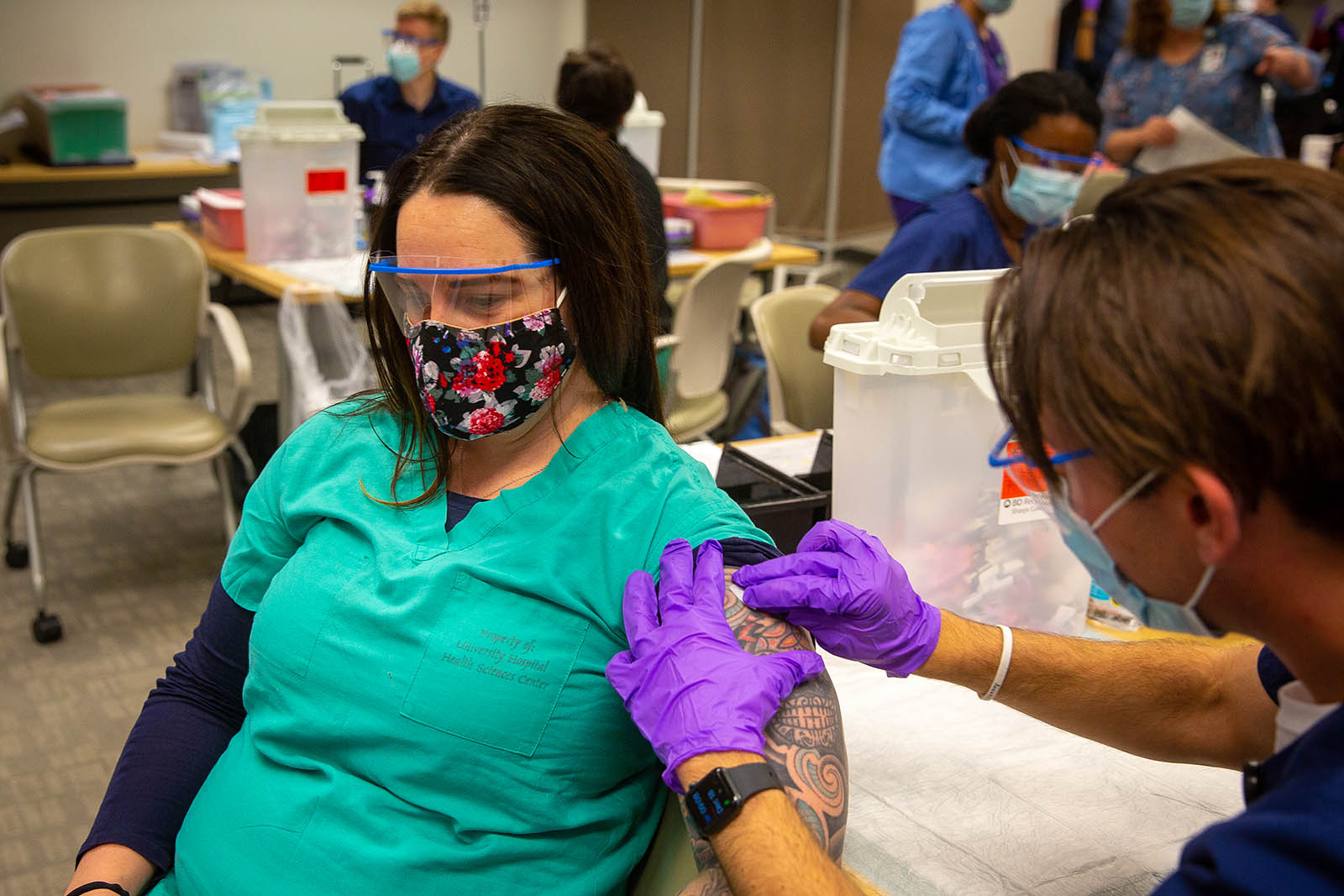You’ve decided you want another baby. That’s exciting! Now, when is the right time to try for a new little one?
Some women prefer having their babies closer together so the children can become built-in playmates as they grow. These moms might think it will be easier to have the kids go through milestones like potty training and going to school around the same time.
That scenario might be overwhelming for other moms, who want to care for just one little one at a time. There is no right or wrong answer when it comes to spacing out your pregnancies. Every family is different, and people often have lots of opinions about family planning. Only you can decide when the time is right.
It’s important to consider how the timing of your next pregnancy may affect your:
1. Personal health
2. Pregnancy outcomes
3. Family dynamics
4. Finances
Let’s discuss what you need to know about spacing out your pregnancies, and how your midwife or doctor can help with your family planning goals.
How Spacing Out Pregnancies Can Affect Your…
1. Personal Health
Physical Health
The American College of Obstetrics and Gynecology (ACOG) suggests waiting at least 18 months between the time you give birth and getting pregnant again. Spacing out pregnancies gives your body and mind time to heal from your last pregnancy and delivery.
In the U.S., about half of pregnancies are unplanned. ACOG says 1 in 3 women become pregnant again sooner than the recommended 18 months.
That is why we ask you about your birth control preferences while you are still pregnant. It is possible to get pregnant right away after giving birth, even if you are breastfeeding. By using contraceptives after delivery, you have more control over when and whether you get pregnant again.
Breastfeeding requires that you eat more calories than you did during pregnancy. If you are pregnant and breastfeeding, you will need to make sure you eat enough healthy foods and drink plenty of water to take care of you, the newborn and the pregnancy.

Related Reading
COVID-19 Vaccine Is Safe for Pregnant and Breastfeeding PatientsMental Health
You will likely not get as much sleep in the first few months after giving birth. That, paired with not sleeping as much, can make you feel very tired. Getting pregnant right away can make that exhausted feeling worse.
Mild sadness (baby blues) is normal after childbirth and should go away in a few weeks. Some patients develop postpartum depression—severe sadness after childbirth—which can affect your energy levels and general health.
2. Pregnancy Outcomes
Becoming pregnant again within 18 months after a previous pregnancy and increase the risk of pregnancy problems. The risk is higher if you get pregnant within 6 months of a previous pregnancy. Some of the risks include:
- Low birthweight
- Premature birth
- Problems with the placenta
Some of these problems may require the new baby to stay in the neonatal intensive care unit (NICU). Having a baby in the NICU can be stressful and may keep you away from older babies. If your babies are going to be close in age, it’s a good idea to plan for someone to help with your older baby if the new one comes early.
3. Family Dynamics
Adding to your family can be exciting—and stressful. Your family’s lifestyle and routine will change, so it’s wise to make sure your family understands.
Talking is key. Here are a few topics to discuss:
- Am I ready physically and emotionally for a new baby?
- Is my partner on board?
- Are my kids ready for it?
- How will my family’s lifestyle change?
Pregnancy After Age 35
What Older Moms Need to Know4. Finances
Raising a child can cost a lot of money. The USDA’s Expenditures on Children by Families Annual Report found it costs around $233,610 to raise a child through age 17.
You’ll need to plan for pregnancy and childbirth costs, diapers, clothing and daycare, if necessary. Breastfeeding can help you save money by avoiding the cost of formula. However, some families use both.
If your older child is a toddler, you may be pulling double duty for these costs. On the other hand, kids may become more expensive as they grow with costs for sports and other activities. Spacing them out can result in its own financial challenges.
Take a look at your family income and the resources available in your community. You may qualify for assistance, such as the Special Supplemental Nutrition Program for Women, Infants, and Children (WIC). Find out how to apply for WIC.
Ready for another baby?
Your first step should be to visit with a midwife or doctor to make sure your body is ready for another pregnancy. Your provider can help you get on track with nutrition, exercise, rest and other healthy habits.
Getting regular prenatal care will be a big part of staying healthy during your next pregnancy, especially if your babies will be close in age.
The UNM Women’s Health team is here to answer your questions about spacing out your pregnancies. Whether you choose to get pregnant right away or 10 years apart, reach out to us. We will never judge you—our goal is to help you have safe, healthy pregnancies.

